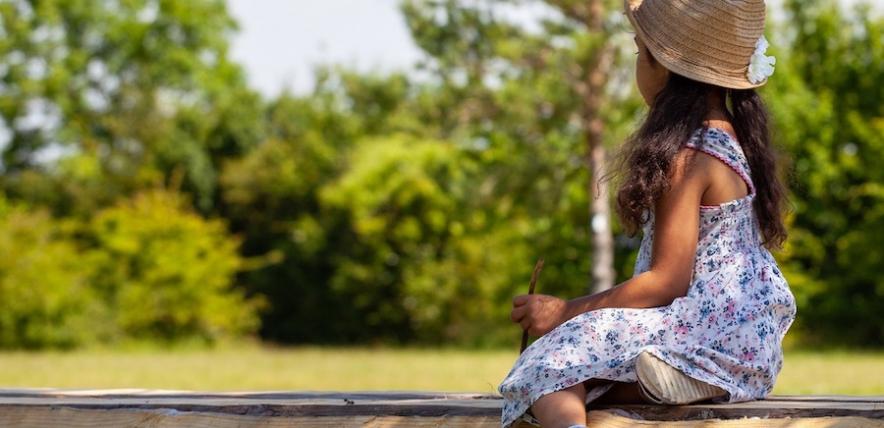The Infant & Toddler Forum offers advice and information on how children can get enough Vitamin D and how to prevent Vitamin D deficiency.
Vitamin D is essential for healthy growth and development in childhood. In the UK, a balanced diet and sunlight will not necessarily provide enough vitamin D to prevent deficiency.
This means that all babies and toddlers should take a daily vitamin D supplement of 10μg.
Vitamin D essential for growth
Vitamin D is essential for healthy bone growth. It regulates the absorption of calcium and phosphorus from the diet – both of these minerals contribute to the structure and strength of bones during child development.
Babies and toddlers in the UK are more at risk of deficiency if their mother had low vitamin D levels during their pregnancy as well.
This includes mothers who:
- did not take vitamin supplements during their pregnancy
- have darker skin tones
- cover up most of their skin when outside.
Babies and toddlers with very low levels of vitamin D could have fits, heart problems or even get rickets – a disease which causes bones to become soft and misshapen. Low vitamin D levels may also make toddlers more likely to get diabetes, allergies, asthma and infectious diseases as they get older.
Preventing deficiency
Vitamin D is found in only a few foods: oily fish is the only good source. Eggs and meat contain very small amounts. Try to include oily fish, such as sardines, pilchards, mackerel and salmon, in meals twice a week. Some foods are fortified with vitamin D including formula milks, margarine and some yoghurts and breakfast cereals.
Sunlight
Most of a young child’s vitamin D is made in their skin when outside in the sunlight in the summer months.
The ideal time to spend outside each day to ensure adequate vitamin D levels is not easy to define as it can vary between individuals as well as seasonal, weather and lifestyle factors.
Sunscreen can block the skin from making vitamin D, but it should still be used to prevent sunburn when needed. You should use your own judgment as you will know how your children’s skin responds to sunlight.
Children with fair skin may not be able to spend very long in the sun without their skin burning, particularly during the middle of the day, whereas those with darker skin tones may be able to go without sunscreen for longer.
Supplements
Young children may not get enough vitamin D from sunshine and diet alone. For this reason, Public Health England recommends a daily vitamin D supplement of 8.5-10μg for babies from birth and 10μg for toddlers. Supplements containing vitamin D alone are the best and widely available. They are best purchased from pharmacies to ensure they are of a good quality. Free vitamins are available for babies and children aged one- to four-years-old on the Healthy Start scheme.
Pregnant mothers
Pregnant mothers are advised to take a daily supplement of 10μg vitamin D. This will help ensure that their baby is born with sufficient stores of vitamin D for the first few months of its life. Breastfeeding mothers should also take a supplement to ensure their own bone health. Free vitamins are available for pregnant and breastfeeding women on the Healthy Start scheme.
Vulnerable groups
All families should receive advice about vitamin D, but the populations most at risk of deficiency are:
- families with darker skin tones
- infants and toddlers whose mothers cover their skin for religious or cultural reasons, or did not take vitamin D supplements during their pregnancy, or lead mainly indoor lifestyles.
- families living in most northern parts of the UK
- children who do not have the opportunity to play outside regularly without sunscreen.
To read more about vitamin D, read the Infant and Toddler's factsheet
This article first appeared in Under 5 magazine in April 2018.







